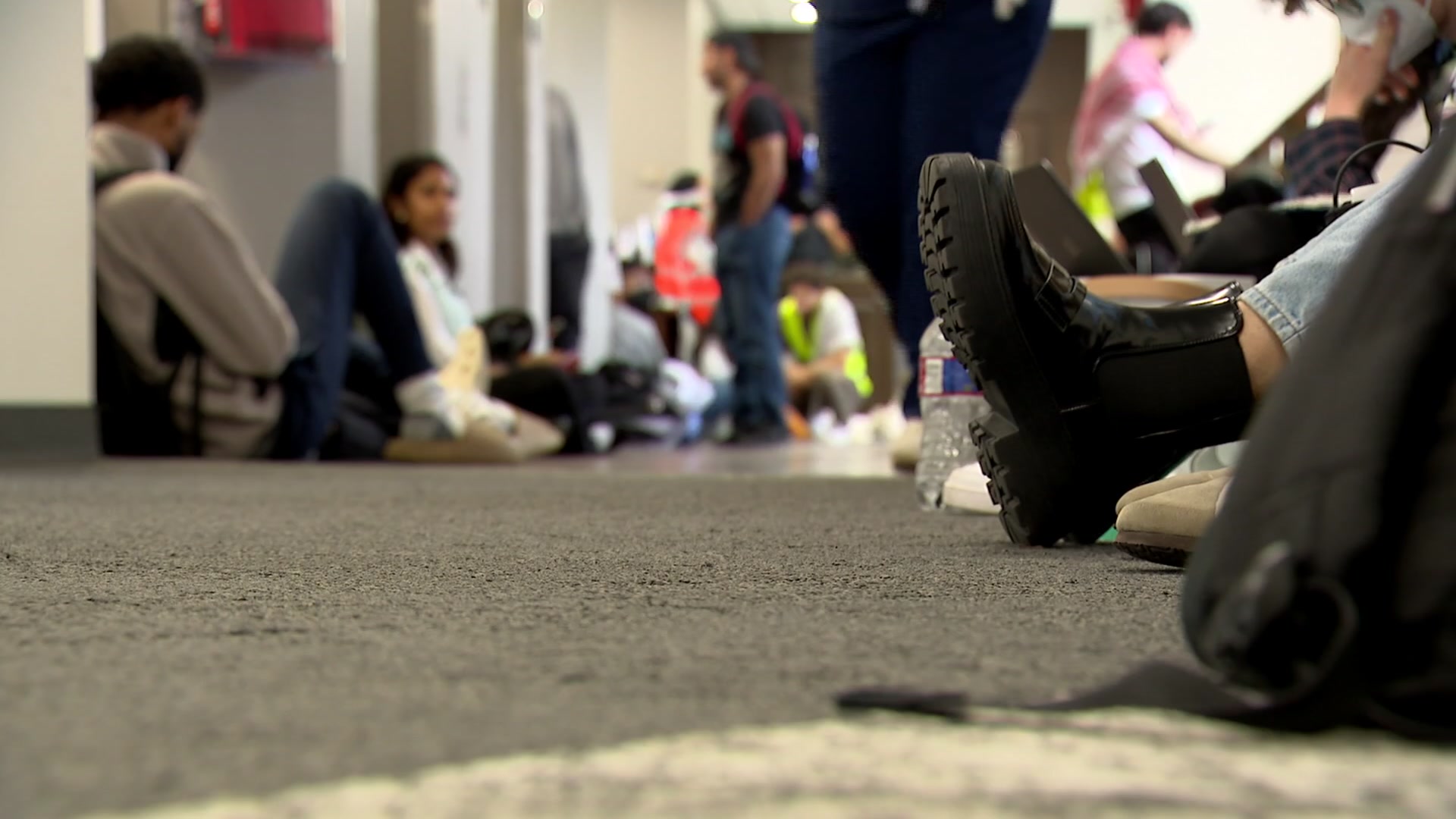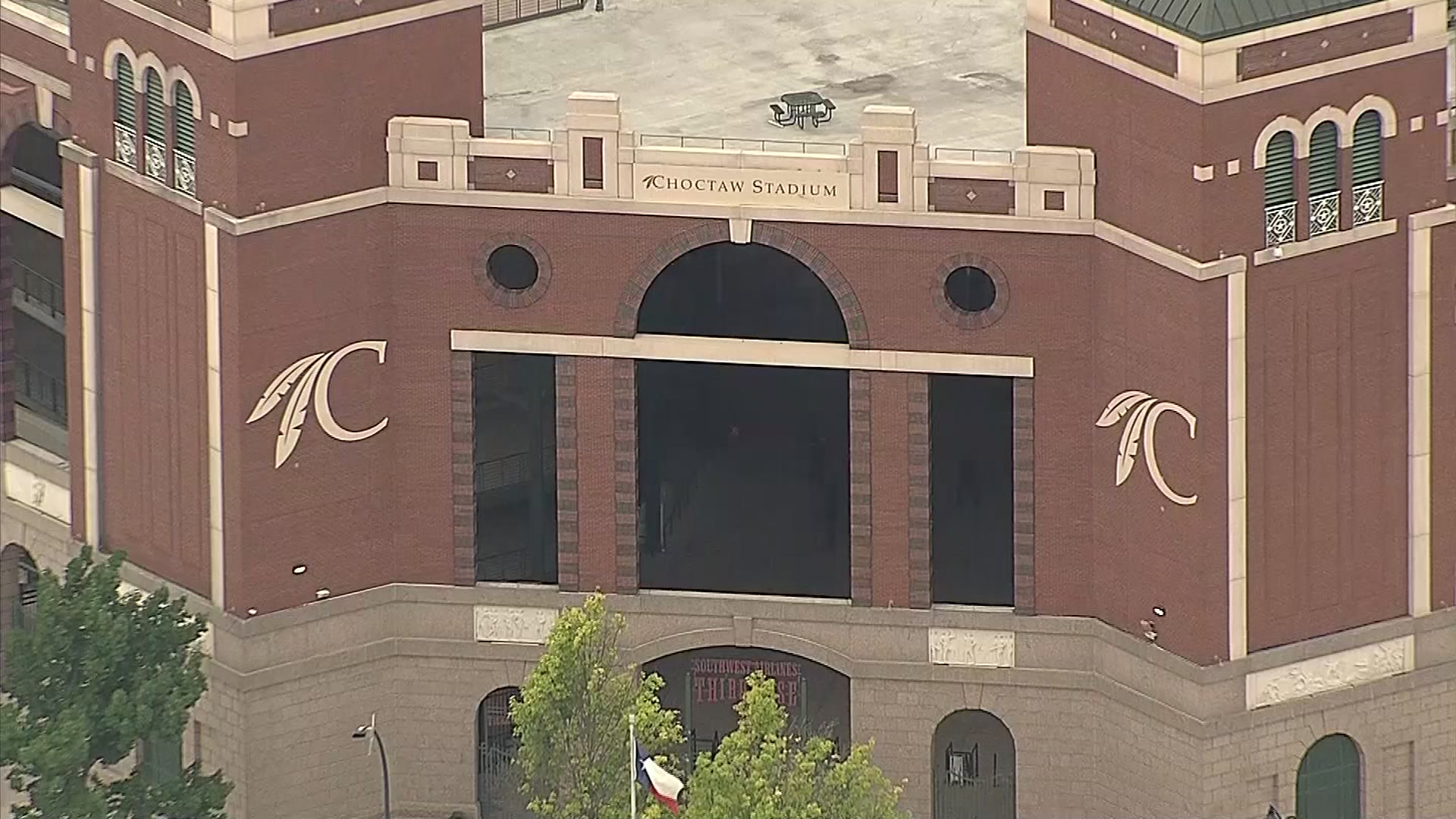The Alamo Music Center survived the Great Depression, the oil and housing bust in the 1980s and shifts in consumer spending that have forced the business to downsize and other music stores in town to close.
The San Antonio Express-News reports this year, the family-run operation is turning 90. Customers say their knowledgeable staff, local ties and extensive inventory have made the business a go-to for both first-time players and seasoned musicians.
"They're superior to any big-box store," said Billy Snipes, a Port Aransas musician who has been visiting Alamo Music for nearly 40 years.
President and CEO Zach Marr, part of the fourth generation of family members to run the business started by Alfredo Flores Sr. in 1929, credits being "willing to change and adapt" for the store's survival.
As customers' preferences changed and online shopping took hold, the family expanded their instrument offerings, held events and contests, invested in e-commerce and started relying on social media and YouTube to reach more musicians and hobbyists.
Alamo Music also partners with local organizations such as the Gardenia Musical Club and Musical Bridges Around the World.
"We've doubled down on not abandoning the core values of building relationships, helping create musicians and supporting our community," Marr said. "Using technology to do that is how we've grown and continue to be current and relevant. We try to encourage people to find fun, joy and community through music-making."
Local
The latest news from around North Texas.
Flores, who died in 2014, came to Texas as a child during the Mexican Revolution and started repairing and assembling pianos as a young man. During the Great Depression, a local bank asked him to handle picking up the pianos they repossessed.
Flores started buying used pianos, fixing them and putting them out on the front porch of his house on Avenue B. He called the business Fresh Air Piano Co.
Eventually he opened a store, changing the name to Alamo Piano Exchange and accepting guns, pigs and horses as payment for instruments, said Alfredo Flores Jr., his son and chairman of Alamo Music Center. He changed locations and names several more times before moving to the store's downtown location at 425 North Main Ave. in the 1960s.
By the early 1980s, the retailer had opened multiple stores in San Antonio, Del Rio and Corpus Christi. But falling piano sales in Texas and nationwide hurt music stores, putting others out of business and forcing Alamo Music to downsize to its two current showrooms on North Main and at 1530 Babcock Road.
Today, they are one of the oldest surviving music stores in the state.
"He left that legacy, of not only to be a store that sells equipment and services and gives lessons and educates, but to be part of the community, to give back, to educate, to bring the arts to San Antonio through music," Flores Jr. said of his father.
Local retail is the largest part of their business, but institutional and online sales are growing quickly and expected to make up a bigger slice of operations in the next two or three years, Marr said. Beyond pianos, guitars, accordions and an assortment of other instruments, Alamo Music also sells audio equipment and supplies, and makes repairs.
"People want to touch and talk," vice president Adriana Flores said. "It's an important element of music."'
That's part of the appeal for Jillian Warman, a professional musician and local music teacher who has bought several guitars from Alamo Music and sends her students there for their instrument purchases.
The business "always has more inventory than anyone else in town," and "I like that I can go in there and try it out in person," she said.
The in-store experience and expertise also make a difference. Alamo Music's staff get to know their customers and what they're looking for, Warman said, and they're knowledgeable about the instruments.
"I've been to lots of other music stores, and everyone's treated the same," she said. "(Alamo Music) personalizes the experience."
Snipes first visited the store decades ago as a high school student and bought a guitar pedal. Alamo Music gave him a loan for music gear that helped him launch his career in the 1980s, he said. He played in a band with Gary Smith, one of the store's staffers, and often swings by when he's in town.
"They're community-based, and it's personalized," he said.
Zach Marr and store manager Patrick Marr say rap music, Instagram and YouTube are fueling a resurgence of new musicians. Many rappers use keyboards to compose their raps, they said, and people who see someone play a crazy guitar lick want to replicate it themselves.
Accordion and electric-guitar sales had slipped over the years, but they're also making a comeback thanks to a new generation of young women wanting to play.
Technology and the internet have expanded the possibilities of what musicians can do with an instrument, Flores added. With a digital piano, for example, they can record a song and plug in their iPhone to share the music with friends, or hook up a microphone for a karaoke session.
Alamo Music often posts instrument reviews and demonstrations with musicians on its YouTube channel, which has more than 26,000 subscribers.
Beyond using YouTube and social media to learn new techniques, musicians also use it to expand their own following, posting photos and videos of a new song or guitar lick.
"It's put kids on a stage," Patrick Marr said.



